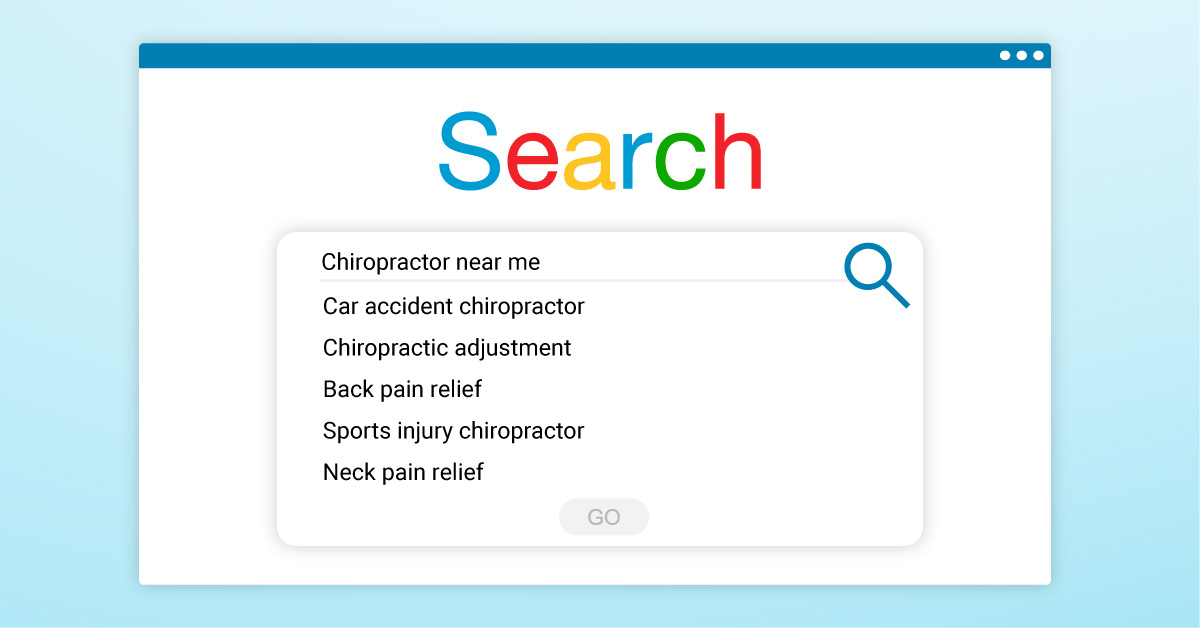Google Gives Stiff Reminder About Misusing Links
Yesterday, Google published a blog outlining its tough stance on link exchanges. Citing an increase in the use of spammy links contained in articles, the search engine giant reaffirmed its position to penalize websites that make use of such content with lower quality scores that could affect ranking on the search engine results pages. This is not the first time it has warned of proper link usage; in July 2013, it sent out a similar communication cautioning about links in large-scale guest posting, advertorials, sponsored content, and press releases. Read Google’s full blog on links in large-scale campaigns.
To clarify, Google does not discourage articles with links whose purpose is to inform users, educate an audience, or bring awareness to another cause or company. However, where it draws the line are articles and links that violate Google’s guidelines on link schemes. In laymen’s terms, these guidelines discourage any behavior that manipulates links to your site or outgoing links from your site. Buying or selling links, excessive link exchanges (as in, you link to me, I will link to you), large-scale article campaigns with keyword-rich anchor text links and using automated programs to create links to your site are all big no-nos in Google’s rule book.
What this all boils down to is: Do not publish articles primarily for the links. Google says that sharing your content for publication on other sites or publishing articles onto your site from another author, in general, is fine, but if such distribution is done primarily to gain links, then there is a problem.
As a marketer, you know that content with links, especially links from reputable sources, are desirable because they are a great way to improve your ranking on Google’s search engine results pages. Need help in deciphering what could be viewed by Google as content with spammy links? Here some warning signs of what to avoid:
- Stuffing keyword-rich links to a particular website in articles you share for publication on other’s sites or articles that you publish on your own site.
- Having the same article published across many different sites.
- Having a large number of articles published on a few, large sites.
- Using the same or similar content across articles.
- Forum comments with optimized links in the post or signature.
There are a few way you can protect yourself and your website from misusing links. Be very cautious when posting content that is provided by others, especially if it is unsolicited. While guest blogs can offer your audience another point of view from an area expert, be judicial in their use. Make sure the content is original, written to advance the understanding of the reader, and includes appropriate link usage. Content distributors can protect themselves by using nofollow tags, which provide a way for webmasters to tell search engines, “Don’t follow this specific link.” These tags can also be applied to all the links on an entire page.
The surest bet to making sure your content is link conflict-free is to write and post your own original content. Focusing your content marketing strategy on keyword-rich, unique content that includes appropriate links (appropriate in subject matter, authority, and number of links) will not only help your ranking on Google’s search engine results pages, it will also give you peace of mind that your links are following Google’s best practices. For expert help in improving your Google ranking, creating custom content that Google loves, and link building efforts that will not get your website into hot water, contact our Google-certified team for a one-on-one website strategy session.



